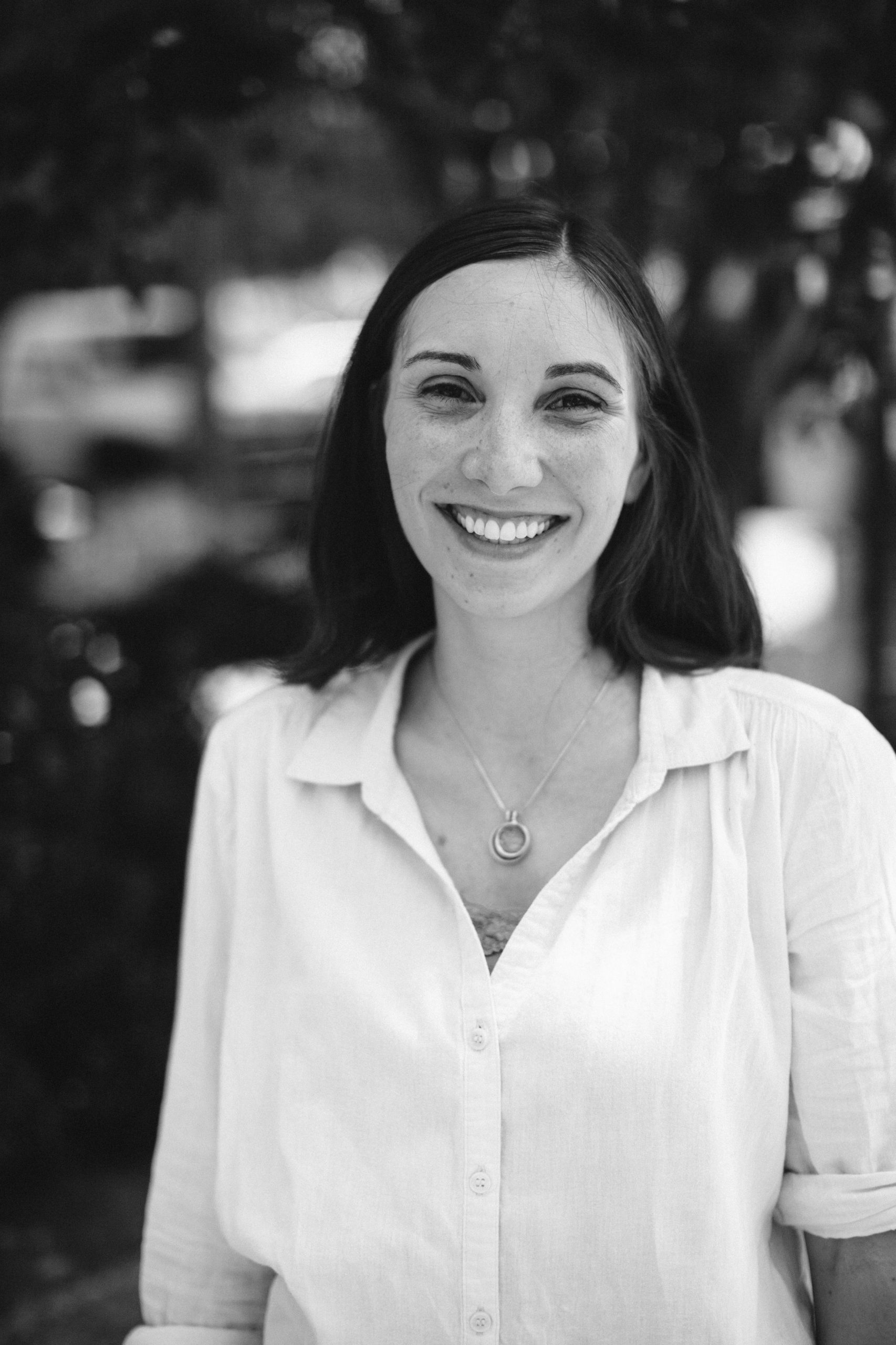 Melissa Florer-Bixler is pastor of Raleigh Mennonite Church. She is a board member of Friends of L’Arche North Carolina, and serves on the steering committee for MC USA’s Women in Leadership. She is the author of the book Fire By Night.
Melissa Florer-Bixler is pastor of Raleigh Mennonite Church. She is a board member of Friends of L’Arche North Carolina, and serves on the steering committee for MC USA’s Women in Leadership. She is the author of the book Fire By Night.
COVID-19 crept into our lives in the season of Lent. The virus arrived uninvited into our sanctuaries and potlucks, just as we were marking one another with a sign of the cross. “Dust you are and to dust you shall return.” Genesis 3:19 Those words clung to me, as Lent stretched into Easter. They remain with me as we near the season of Pentecost.
“Dust you are and to dust you shall return.” These words announce death. They are words I have said at every graveside, to bury every beloved. I hear their echo as the death rate of COVID-19 increases daily. As I write, those deaths tower above me at 72,000 children, friends, spouses, grandparents and co-workers, all beloved, all leaving shattered families and communities in their wake.
The decision to close our church for in-person worship, shifting awkwardly to weekly Zoom meetings, came fast and with urgency. But as states begin to phase-in reopening, loosening restrictions for public life, with little guidance or interest from the federal government, each utilizing different guidelines, offering different assessments, setting up different expectations – I am overwhelmed at the enormity of the task ahead.
Until a vaccine is found and widely distributed, we cannot return to church as it was before those early weeks of March. Social distancing guidelines, masks, disinfection, calculating risk – these will be negotiations we encounter in the months, if not years, ahead. There is no single plan that can accommodate the decisions to be made. Choices will be made over and over, risk assessment measured again and again as hot spots break out, as we learn more about the spread of the virus, as new treatments are discovered and as we learn from our local communities how to mitigate and manage risk.
My own state, North Carolina, is lurching towards a first phase at reopening this week. This decision is being made despite my state not having met the original benchmarks cited by our Department of Health and Human Services as the guide for reopening.
As it is, and as our long history of ambivalence toward ruling authorities attests, we cannot rely on the state apparatus alone to guide us. It is our convictions that we are patterned in the life, death and resurrection of Jesus Christ, and that we are that same Jesus on earth.
In an evocative image, all the more moving because of our physical separation. Paul tells us this presence is a kind of body, all the parts interconnected and necessary. In 1 Corinthians 12, Paul inverts what we might expect to hear next – that the parts that function best have the most power and are those to be honored and preserved. Instead, he writes that those who are least respected, the parts hidden away, that these are the most honored parts of all. This isn’t done out of pity or charity but by cost: “If one member suffers, all suffer together with it; if one member is honored, all rejoice together with it.”
I’ve pondered over the word – honored. The body can only rejoice when all the parts, whether they are chronically ill or healthy, if they are in the last stage of life or just entering the world, are honored.
In the rest of the New Testament, we see that this rejoicing isn’t for our own sake, not a way to position the church, Christ’s body above others or to pronounce our supremacy. This is a body of invitation, a body the opens up and invites in. Like the thing it is, the body of Christ is honored in order to invite others to find their place here, among us, to see that they too are worthwhile and that they matter to God and to us.
This is the good news we preach with our lives. And our lives are only good news if they honor those most vulnerable among us – in every decision we make and in every action we take publicly as the church. Over the past weeks, we’ve seen that our commitment to justice and peace, our work of reconciliation is interwoven with our response to the pandemic. We’ve watched as black communities, those at the losing end of hundreds of years of racist government and social and economic policies, are disproportionately impacted by COVID-19. If our work of justice is to be the work of the Gospel, our decisions will be made in light of this horrific reality.
The glory of our strange, foolish life is that is becomes good news to those who have been told their vulnerability is a liability to a flourishing economy. Our life as good news for farm laborers and meat plant workers, good news to the people with intellectual disabilities and to those in nursing homes. Rather than expendable, they are the most precious of all. Their lives set the agenda for our worship. Their lives guide us to in how we will act in the weeks ahead.
Our church will continue to host Zoom worship over the coming weeks, even as our state reopens. We’re out of step with the hastenings we see around us. But we are in no rush. We’ll wait to see how the two weeks of phase one’s reopening plans look for those most impacted by COVID-19 in our community. We’ll ask how we are protecting those who, without, we cannot begin to understand, let alone reveal, God’s good news.

